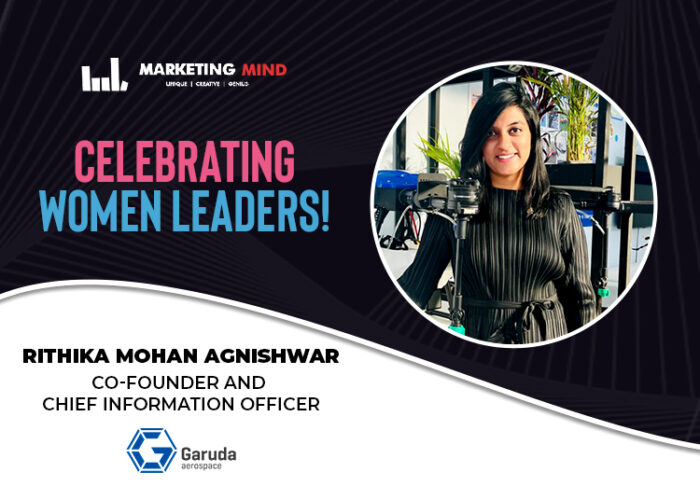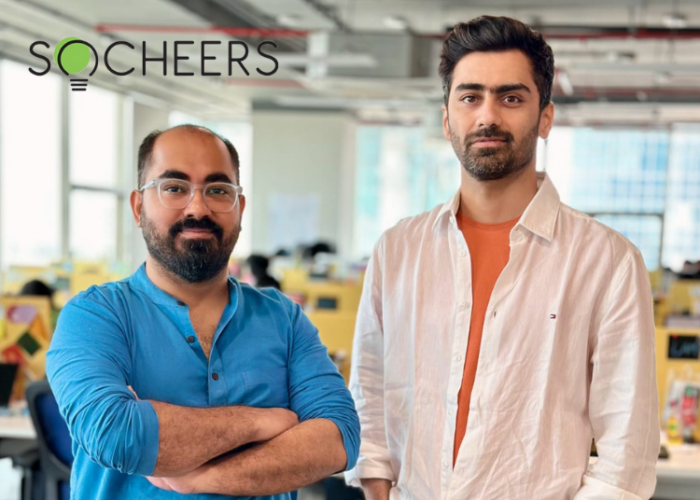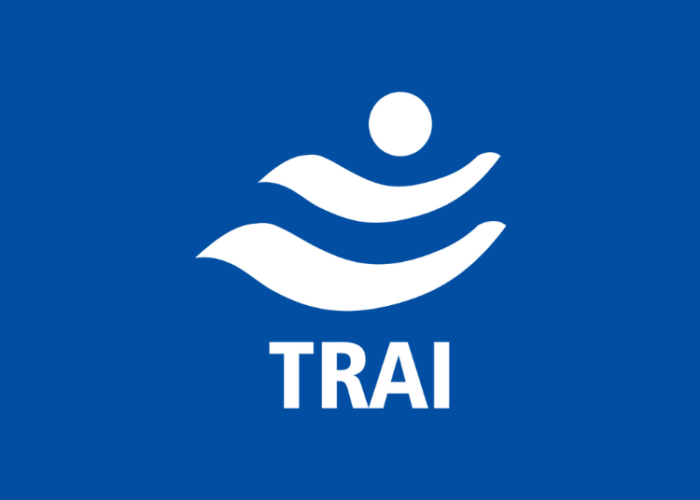The growing influence of AI in marketing has sparked significant interest and investment within the advertising industry. So much so, that a majority of the ad networks operating in India have not only expressed keen interest in AI but have made significant investments in the same.
In fact, according to GroupM projections, by 2027, a staggering 90% of digital ad campaigns will be influenced by AI.
In one of the panel discussions conducted at Ad:tech 2024, titled- ‘GenAI and The New Age Of Human Creativity‘, industry leaders including including Ben John, Vice President of Engineering, Gen AI Microsoft; Bharat Khatri, Chief Digital Officer, APAC, Omnicom Media Group; and Richa Khera, Global Marketing Director, Schneider Electric, offered valuable insights into the challenges and opportunities presented by AI integration.
Moderating the discussion, Batra initiated the discussion by posing a thought-provoking question to the marketers: What would occur if Gen AI primarily handled all marketing, advertising, and creative work when taken to an extreme?
Responding to this, Schneider Electric’s Khera acknowledged concerns regarding data privacy and copyright issues but highlighted the tremendous potential of AI. She emphasised the ability of AI to conduct experiments in generating unique creatives, acknowledging the importance of human intervention in content creation while recognising AI’s vast possibilities.
“We did a very interesting campaign for Earth Overshoot Day, predicting the accelerated depletion of Earth’s resources. In the visual, we presented Santa sitting on a beach. Santa is supposed to be slow in December, but he’s chilling on a beach, right? The use of AI facilitated the audit and analysis of this intricate visual, a task that would have been challenging without this technology. While AI unlocks numerous possibilities, it’s essential to recognise that human intervention remains indispensable,” she said.
Microsoft’s John added that AI goes beyond mere automation, emphasising that humans possess a unique strength in innovation and exploration.
Drawing on why Satya Nadella always refers to AI as not an autopilot, but a co-pilot, he underscored the collaboration between humans and machines to enhance capabilities and drew parallels with the Industrial Revolution, suggesting that, similar to how machines alleviated physical limitations in the past, AI can now augment human minds to accelerate progress.
He remarked, “AI should not be pedestalized as an autopilot but must be used to assist, like a co-pilot.”
Echoing similar sentiments and highlighting the importance of human elements in fostering connections between brands and consumers, Batra added, “Human intervention will always be the ‘soft elements’ that help connect brands with consumers.”
Addressing concerns surrounding privacy and regulation, he emphasized the need for industry self-regulation in the absence of clear guidelines and said, “With AI being a relatively new concept, its rising use comes the responsibility of the company to self-regulate AI.”
Underscoring AI’s potential in enhancing productivity and creativity, Omnicom Media Group’s Khatri, emphasized AI’s role in connecting various aspects of brand strategy, noting, “There is a lot that GenAI has in terms of connecting all the dots and eventually solving the bigger picture for the brand.”
He also stressed the importance of marketers adapting to AI capabilities, emphasizing simplicity, test marketing, and data organization as crucial skills for thriving in the AI era.
Discussing AI’s role in content creation, Microsoft’s John recognised both opportunities and challenges, including the potential for machines to generate 100% of content.
“While AI offers opportunities for personalised content, challenges such as fraud and misinformation need to be addressed,” he said.
In conclusion, the panelists advocated for a balanced approach to AI integration in marketing, where human creativity and intervention remain central. As the industry evolves, marketers are urged to leverage AI’s capabilities while maintaining a customer-centric focus to drive optimal results.












